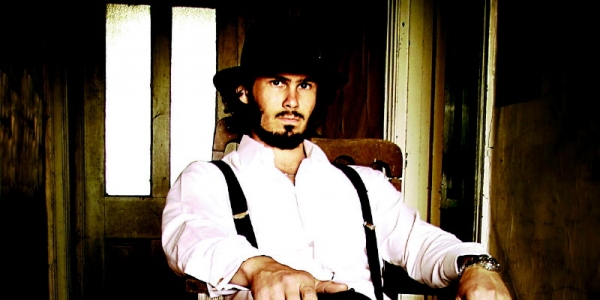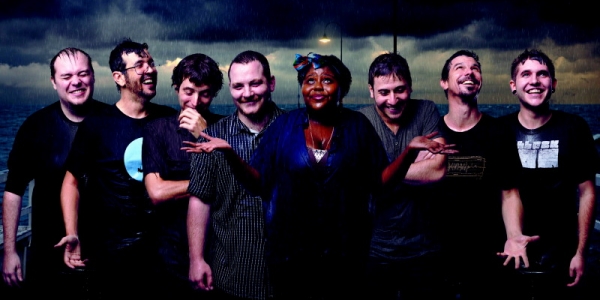“Genres in music are one of the great battles and I think we do get confused about our genres in Australia,” Wearne says. “We flirt around the fringes of a few different types of music and we mix things up. I categorise my music as country/folk – I have a great respect for country music and a great respect for folk songwriting – so I try to mix those two together. Having said that there are some blues elements, some swing and some bluegrass as well. I’m hoping people will take the next step and listen to us. I’ve found it hard to get people to the gigs to see what we do because they seem to think they know what you do before they’ve heard it.”
Getting people to your gig, even if you know they’ll fall in love with you if they just turn up, is a constant battle for up-and-coming artists who want music to be a full-time job. “Making a decent amount of money in music is very tricky,” he says. “But for me it’s all a long term thing. I want to be doing this for a long time; I’m not looking to make a fast dollar. It’s a bit of a lifestyle choice – being involved in festivals and good conversations on music – that’s what’s important to me and if it means I don’t make a million dollars through music I’m OK with that,” he says and then finishes with a laugh. “But it would be nice!”
The journey for Wearne from lounge room songwriter to professional musician was a literal journey around the world. “It’s something I pondered on doing for some time,” he says. “I’d been travelling for a while, my wife and I travelled widely a few years ago. We were intending on living in Canada for a while and pursuing music but we decided to keep on travelling and a lot of songs came out of the rest of that trip. It’s challenging when you travel for a long time; there are great bits and some really trying bits but the trying bits brought out a lot of songs that ended up on this album.”
Those moments of inspiration are more often than not born out of the most trying and emotional of experiences. “I witnessed a guy getting knocked off his motorbike in Vietnam,” he says. “No one was doing any first aid or anything; I was the only one doing anything, there was a festival on that night and the guy got taken by a truck. Aside from that experience there were some other inspirations that just came out of witnessing how people accept, or don’t accept, other cultures. I found inspirations for a lot of the songs from those types of interactions. The song Montreal was written in that city – which is a city I love – but at the time we just really weren’t in the mood for it. I wrote that song in the hours before we decided to buy tickets back to Melbourne and move back even though we had no idea we were about to do that.”
Wearne’s latest album, Black Crow, was recorded by Mick Wordley (Jeff Lang, Chris Whitely, Jordie Lane) with his stellar band, The Cast Iron Promises made up of Dan Watkins (mandolin/backing vocals), Kat Mear (fiddle, viola, backing vocals) and Andy Scott (double bass). “I’m very happy with the album and its efficiency,” he says. “I didn’t want to stifle the creativity but I wanted things to be really tight and for everyone to know exactly what they were doing. I think it flows quite well too. I didn’t want it to be a full band all of the time; I wanted it to ebb and flow both musically and lyrically.”
With such an experienced backing band, Wearne had to balance his desires as a songwriter with the creative needs of his band. It’s something he appears to have achieved with relative ease. “There’s still a spot for everybody and while I arrange the songs I don’t orchestrate the riffs of every other part,” he says. “There was a lot of space for spontaneity and also freedom in the way they interact. Dan and Kat have played together for a number of years and their interaction as musicians is really beautiful so I wanted to give them the opportunity to do that. Andy on double bass had some beautiful ideas – bossa novas as well as being true to the bluegrass feel – so there are some really diverse themes on the album.”
BY KRISSI WEISS

